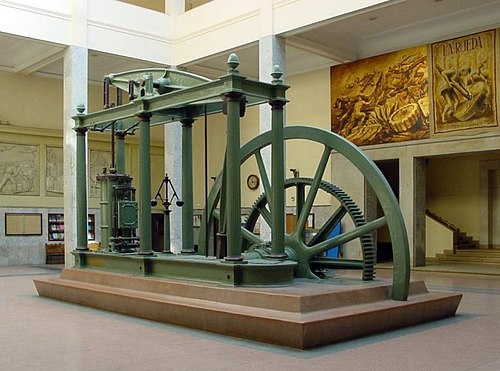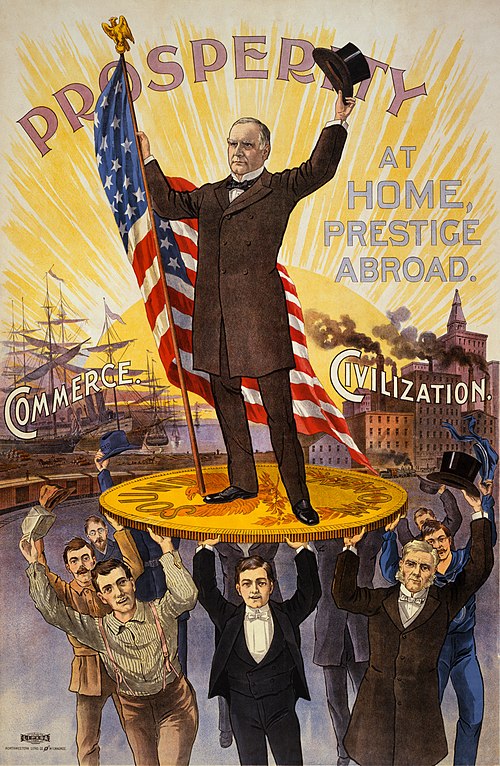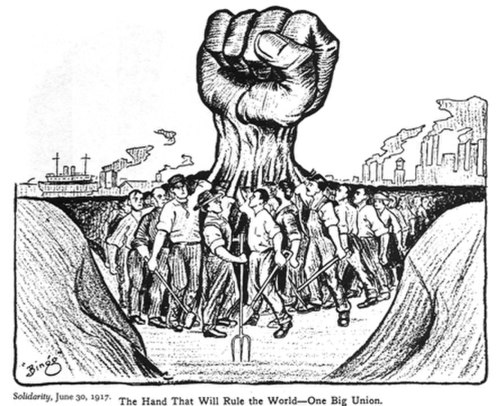Capitalismnoun
(politics) A socio-economic system based on private ownership of resources or capital.
Capitalismnoun
(economics) An economic system based on private ownership of the means of production and their operation for profit.
Capitalismnoun
A socio-economic system based on private property rights, including the private ownership of resources or capital, with economic decisions made largely through the operation of a market unregulated by the state.
Capitalismnoun
An economic system based on the abstraction of resources into the form of privately owned capital, with economic decisions made largely through the operation of a market unregulated by the state.
Capitalismnoun
An economic system based on predominantly private (individual or corporate) investment in and ownership of the means of production, distribution, and exchange of goods and wealth; contrasted with socialism or especially communism, in which the state has the predominant role in the economy.
Capitalismnoun
an economic system based on private ownership of capital
Capitalism
Capitalism is an economic system based on the private ownership of the means of production and their operation for profit. Central characteristics of capitalism include capital accumulation, competitive markets, a price system, private property and the recognition of property rights, voluntary exchange and wage labor.
Corporatismnoun
A political system in which society is organized into collective interest groups or "bodies" (Latin corpora) which are subservient to the state and act as organs of political representation.
Corporatismnoun
A form of capitalism in which the government is lobbied by, or generally heavily favors, corporations at the expense of the general populace.
Corporatism
Corporatism is a political ideology which advocates the organization of society by corporate groups, such as agricultural, labour, military, business, scientific, or guild associations, on the basis of their common interests. The term is derived from the Latin corpus, or .






















